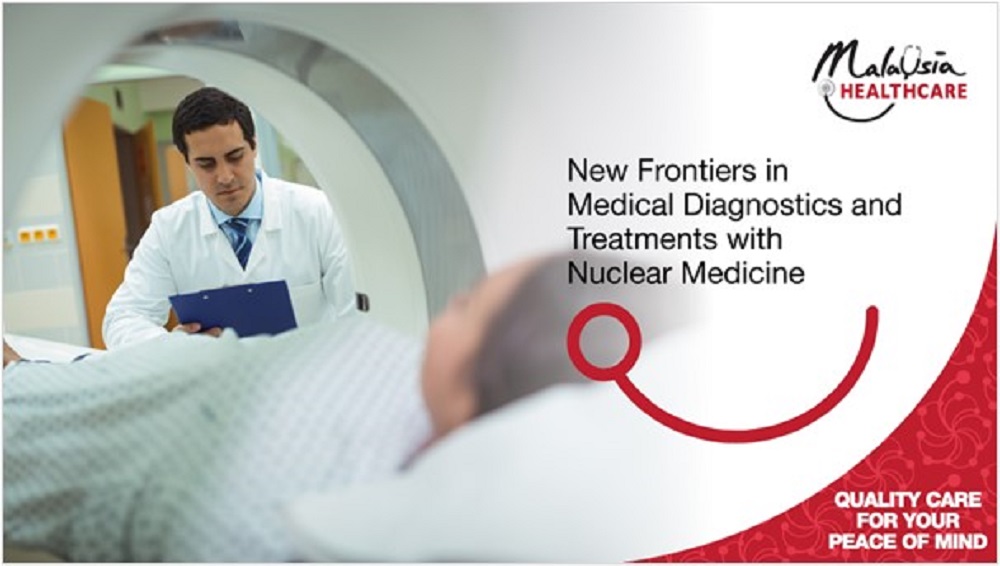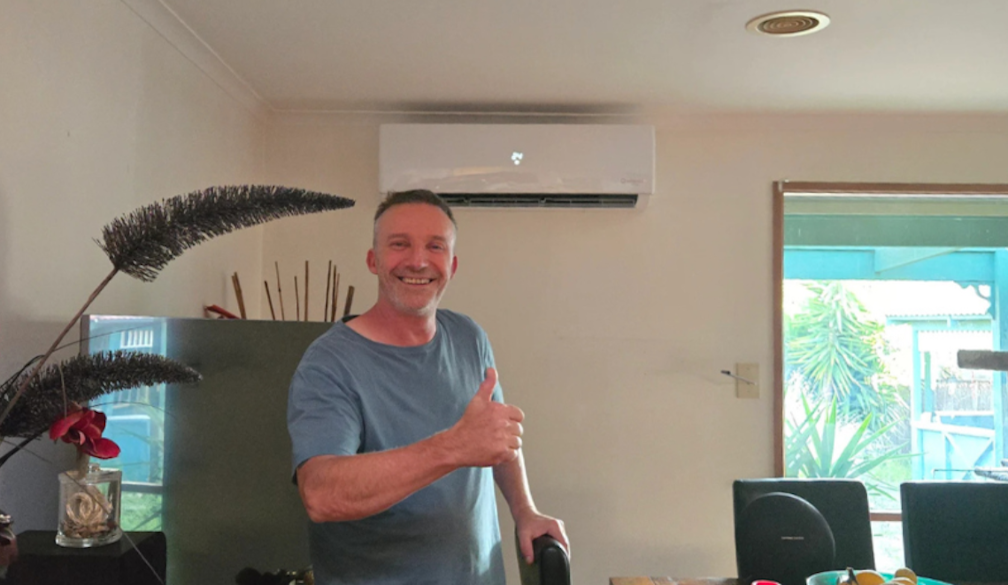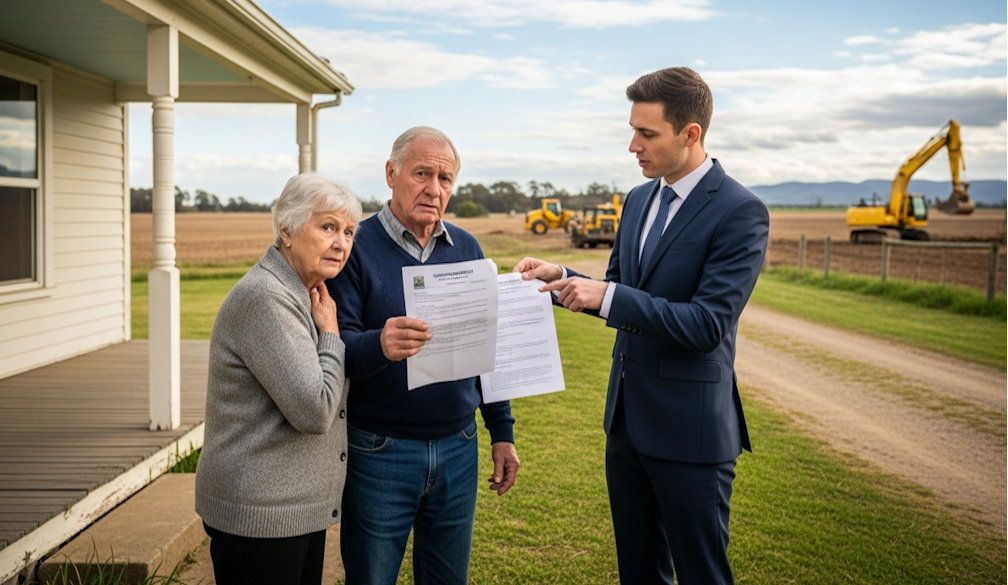The latest advances in nuclear medicine are geared towards enhancing the experience and safety of patients undergoing such treatments, as well as reducing potential side effects. 
In 2022, the first fully fledged private nuclear medicine centre in Northern Malaysia was launched in Penang Adventist Hospital[1]. "There is a frequent misassociation of nuclear medicine with nuclear bombs and power plants. In actual fact, nuclear medicine makes use of trace amounts of radioactive energy emitted from the nucleus of the atom for diagnostics and therapeutic purposes," explained Dr. Alex Khoo, a Consultant Nuclear Medicine Physician at the hospital.
It is important to note that the radioactive dose used in nuclear medicine scans are very low and harmless to the body. Radiation is typically found everywhere, including in our own bodies and the food we eat.
Nuclear medicine opens doors to diagnostics and treatment procedures for illnesses such as hyperthyroidism, thyroid cancer, lymphomas, bone pain and numerous other types of cancers. In nuclear medicine therapy, the radioactive material is combined with a carrier molecule. This is called a radiopharmaceutical. These are administered to the body where they attach to specific cells, destroying them with a high dose of radiation.
Radiopharmaceuticals are highly regulated, and only minimal doses of radiation are typically absorbed by the body, making it safe even for children. ""As the tracers used in nuclear medicine are targeted to a specific organ of interest, treatment is also rather safe. Only the diseased organ is targeted with minimal effect to other parts of the body. For theranostics, patients are only required to ingest minute amounts of radioactive substances in order for imaging equipment to capture changes in organs or tissue structure," continued Dr. Khoo.
From treating thyroid disease using iodine isotopes to more targeted cancer screening, nuclear technology in medicine has come a long way. Today, high contrast imaging of specific cells and tissues allow earlier detection of conditions, from blood clots to abnormal thyroid tissue, while reducing radiation exposure to permissible limits for both medical professionals and patients.
"New radiopharmaceuticals are being developed, expanding nuclear medicine to fields like cardiology, endocrinology and gastroenterology. For example, the myocardial perfusion scan, allows us to determine the blood flow to the heart muscle and detect obstructions or reduced blood flow in blood vessels, while a radioactive iodine scan can evaluate abnormal thyroid tissue," said Dr. Aqilah Othman, a Consultant Clinical Oncologist at Sunway Medical Centre.
Besides that, in the field of gastroenterology, nuclear medicine is used for liver-spleen scans to evaluate liver function. In nephrology, it is used for renal scans to detect the location, size, shape, blood supply and function of the kidneys, diagnose urinary tract obstruction and any decreased function. Other nuclear medicine imaging capabilities include scans of other organs like the brain, salivary glands and lungs.
The hospitals in Malaysia adhere to global safety precautions to protect workers, patients and their caregivers from the harmful effects of radiation. These include having dose limits and applying the 'As Low As Reasonably Achievable' (ALARA) principle to ensure that doses administered are well below the dose limits.
Nuclear medicine in Malaysia has been growing by leaps and bounds in recent times, and continues to transform the medical landscape to date. With an expanding availability of nuclear medicine technologies and expertise in the country, healthcare travellers who choose to go to Malaysia will be able to experience true care in a safe and trusted destination.
For more information on Malaysia Healthcare and its services, please visit https://malaysiahealthcare.org.my or visit our social feeds at: www.facebook.com/MHTCMalaysia or at LinkedIn (Malaysia Healthcare Travel Council).
The issuer is solely responsible for the content of this announcement.
About The Malaysia Healthcare Travel Council
The Malaysia Healthcare Travel Council (MHTC) is a government agency under the Ministry of Health Malaysia that has been entrusted with the responsibility of curating the country's healthcare travel scene. Founded in 2009, MHTC works to streamline industry players and service providers in facilitating and growing Malaysia's healthcare travel industry under the brand "Malaysia Healthcare" with the intended goal of making Malaysia the leading global healthcare destination. MHTC works closely with over 80 private healthcare facilities in Malaysia, who are registered members of MHTC.


















